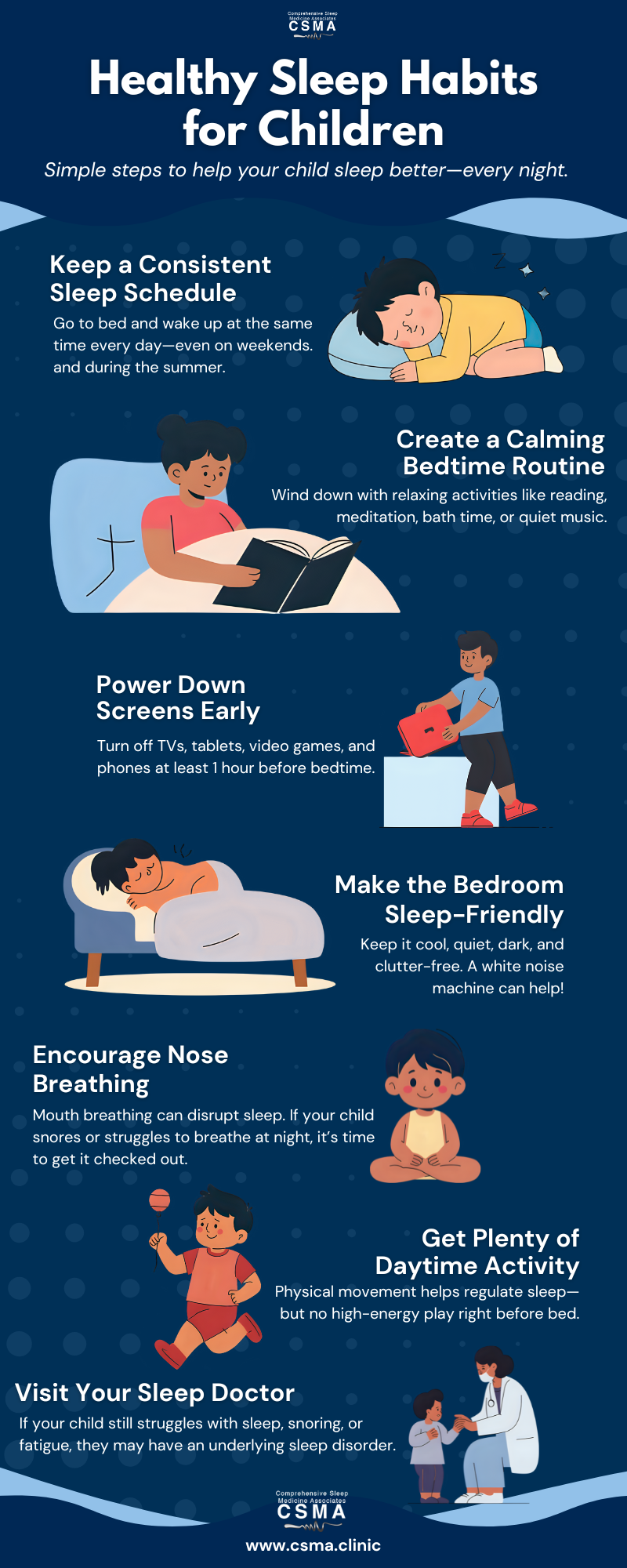Last Updated on January 14, 2026
Are you feeling groggy and unfocused throughout the day? Do you find it hard to keep your energy levels up?
The secret to revitalizing your mind and body might be simpler than you think: healthy sleep patterns. Imagine waking up refreshed, ready to tackle whatever life throws at you, and feeling truly rested. When you prioritize quality sleep, you’re not just giving your body the downtime it needs; you’re also boosting your mood, sharpening your concentration, and even enhancing your overall well-being.
But how do you achieve these elusive, healthy sleep patterns? What changes can you make tonight to start reaping the benefits? We’ll delve into the science of sleep, uncovering why it’s crucial for your health and happiness. Stick with us as we explore practical tips and strategies that could transform your nights—and your days. Don’t let another restless night hold you back from your full potential. Keep reading to discover how you can take control of your sleep and, ultimately, your life.
Benefits Of Healthy Sleep
Healthy sleep patterns bring a host of benefits that directly impact your daily life. Getting enough quality sleep helps your body recharge and your mind reset. Let’s look at how good sleep can boost your energy, mental health, and physical wellness.
Enhancing Energy Levels
Have you noticed how a poor night’s sleep leaves you dragging the next day? Healthy sleep restores your energy and sharpens your focus. It fuels your body to perform better, whether you’re at work or hitting the gym.
Think about days when you felt completely worn out versus days you woke up refreshed. Which type of day do you want more of? Prioritizing sleep means you’ll have more stamina and motivation to tackle your goals.
Improving Mental Health
Sleep plays a crucial role in regulating your emotions and reducing stress. Lack of sleep can make you irritable, anxious, or even depressed. On the other hand, consistent rest improves mood and helps you manage challenges calmly.
Have you ever noticed how a good night’s sleep can change your outlook on a tough problem? Sleep supports your brain’s ability to process emotions and memories, keeping your mind balanced and resilient.
Supporting Physical Wellness
Your body repairs itself while you sleep. Healthy sleep supports immune function, muscle recovery, and hormone balance. Skipping on rest can lead to weight gain, higher blood pressure, and weaker immunity.
Consider how your body feels after several days of poor sleep versus after a full week of good rest. Which one helps you stay active and healthy? Quality sleep is a foundation for long-term physical well-being.

Credit: nnc.gov.ph
Common Sleep Disruptors
Disruptions to your sleep can sneak in from many directions, often without you realizing how much they affect your rest. Identifying common sleep disruptors is key to improving your sleep quality and waking up refreshed. Let’s look closely at some frequent culprits that might be stealing your peaceful nights.
Stress And Anxiety
Stress and anxiety are powerful enemies of healthy sleep. When your mind races with worries, falling asleep feels impossible. You might find yourself lying awake, replaying the day or anticipating tomorrow’s challenges.
Have you noticed how your heart beats faster when you’re stressed? That physical reaction makes it hard for your body to relax. Try simple breathing exercises before bed to calm your mind—it can make a real difference.
Technology And Screen Time
Using phones, tablets, or computers before bed can seriously disrupt your sleep pattern. The blue light from screens tricks your brain into thinking it’s still daytime, reducing melatonin production.
Think about how often you check your phone late at night. Could turning off devices an hour before bedtime improve how quickly you fall asleep? Even small changes in screen habits can help reset your sleep cycle.
Irregular Sleep Schedules
Going to bed and waking up at different times confuses your body’s internal clock. This irregularity makes it tough to get deep, restorative sleep consistently. You might feel tired even after a full night’s rest.
Try to set a regular bedtime and wake-up time, even on weekends. Your body will thank you with more energy and better focus during the day. What small adjustments can you make tonight to stick to a schedule?
Tips For Better Sleep
Better sleep helps your body heal and your mind refresh. Small changes can improve sleep quality. Here are practical tips for a restful night.
Establishing A Routine
Go to bed and wake up at the same time each day. A regular schedule trains your body clock. Avoid sleeping in late on weekends. Consistency helps you fall asleep faster and feel alert.
Creating A Sleep-friendly Environment
Keep your bedroom dark, cool, and quiet. Use blackout curtains or an eye mask. Turn off loud devices or use earplugs. A comfortable mattress and pillows support good rest. Remove clutter to create a calm space.
Limiting Stimulants And Electronics
Avoid caffeine and heavy meals before bedtime. These can keep you awake. Stop using phones, tablets, or computers at least one hour before sleep. Blue light from screens lowers melatonin, the sleep hormone. Try reading a book or listening to soft music instead.

Credit: www.csma.clinic

Credit: liquidhealth.us
Frequently Asked Questions
What Are Healthy Sleep Patterns?
Healthy sleep patterns mean going to bed and waking up at the same time daily, with enough hours of rest.
How Does Sleep Affect Mental Health?
Sleep helps the brain process emotions and memories, improving mood and reducing stress.
Can Poor Sleep Cause Physical Health Problems?
Yes, bad sleep can lead to heart disease, obesity, and weaker immune system.
How Many Hours Of Sleep Are Needed Daily?
Most adults need 7 to 9 hours of sleep each night for good health.
What Habits Improve Healthy Sleep Patterns?
Avoid screens before bed, keep a regular schedule, and create a quiet, dark sleep space.
Conclusion
Healthy sleep patterns improve mood, focus, and overall health. Sleep helps the body repair and the mind relax. Poor sleep leads to tiredness and weakens the immune system. Small changes like setting a bedtime can make a big difference. Prioritize sleep to feel better each day.
Good sleep supports a happier and stronger life. Remember, rest is not a luxury, but a need. Make sleep a daily habit for lasting benefits. Your body and mind will thank you.


